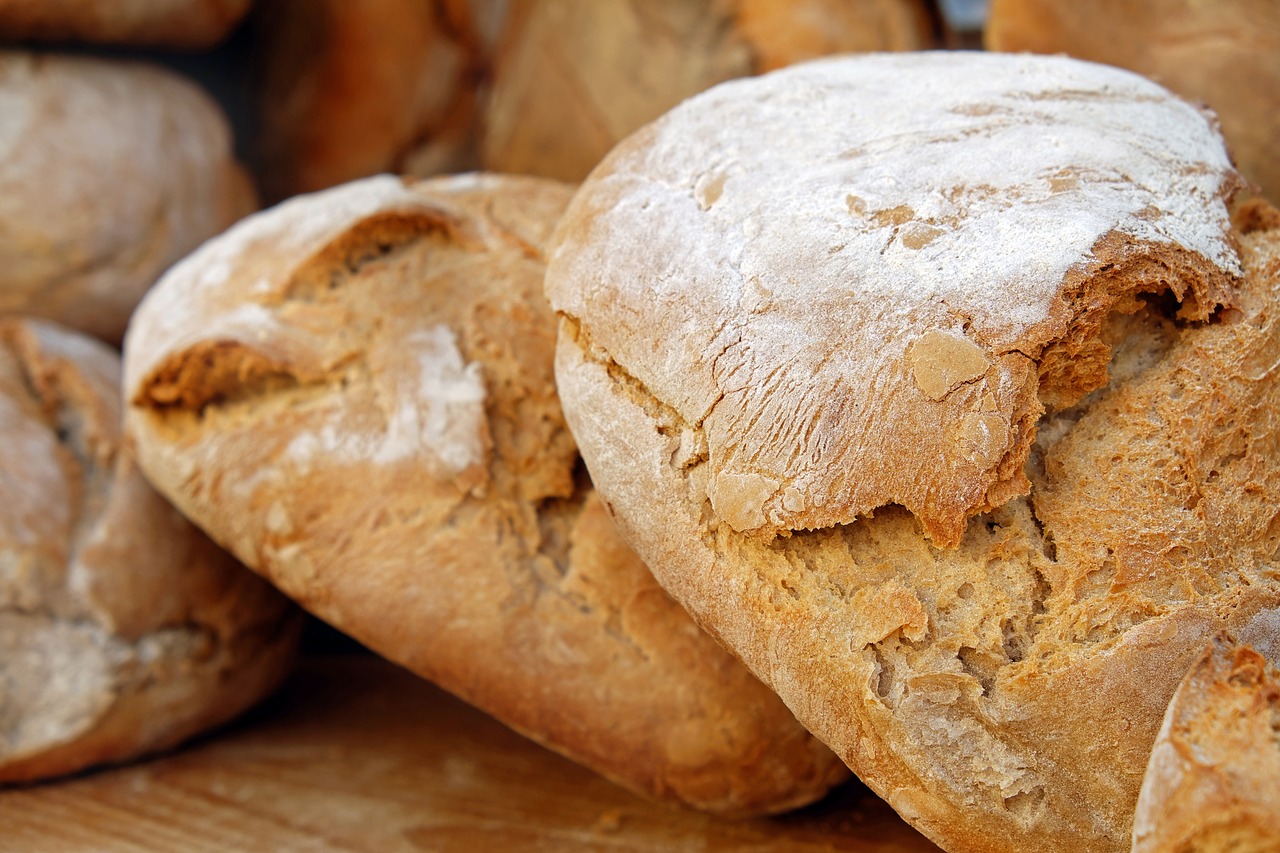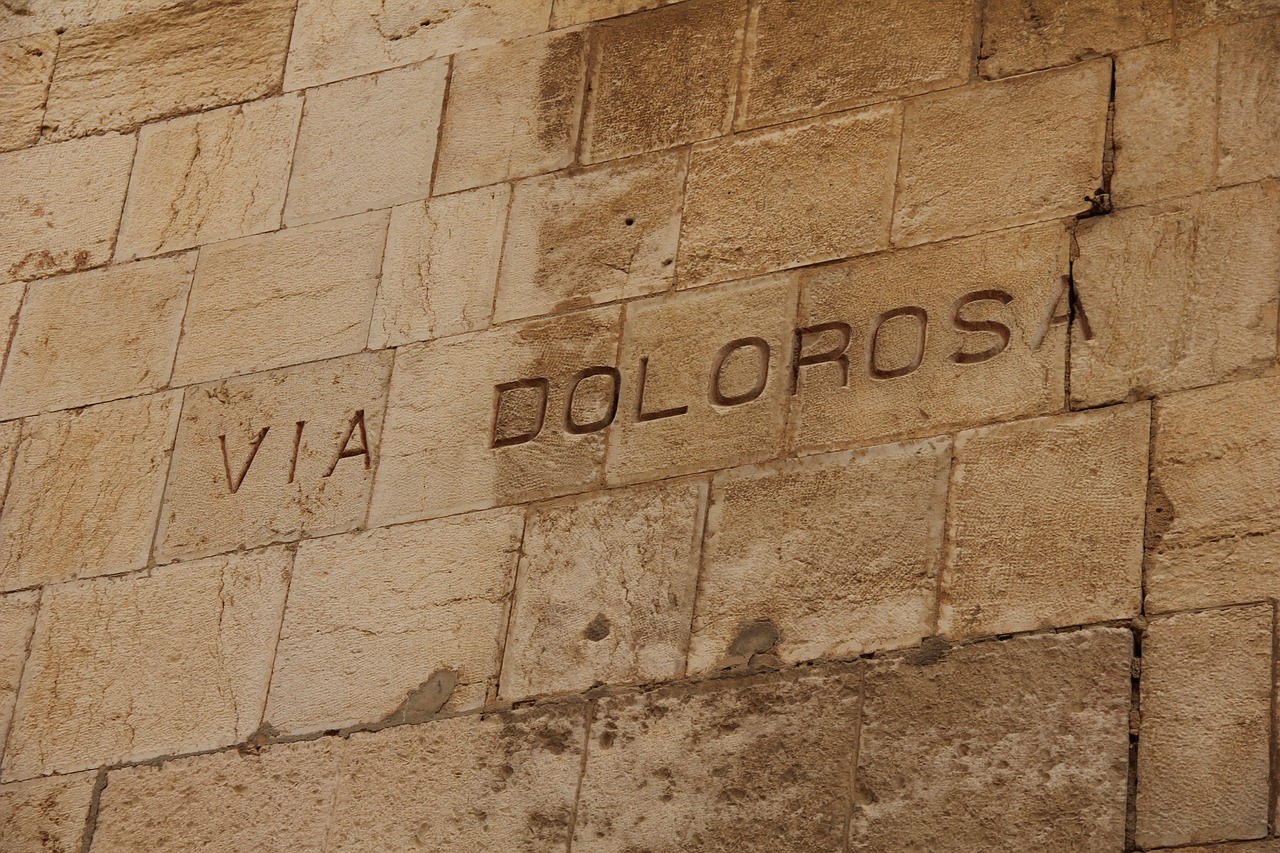
This Bread I Break
By Dylan Thomas
This bread I break was once the oat,
This wine upon a foreign tree
‘Plunged in its fruit;
Man in the day or wind at night
Laid the crops low, broke the grape’s joy.
Once in this wine the summer blood
Knocked in the flesh that decked the vine,
Once in this bread
The oat was merry in the wind;
Man broke the sun, pulled the wind down.
This flesh you break, this blood you let
Make desolation in the vein,
Were oat and grape
Born of the sensual root and sap;
My wine you drink, my bread you snap.

Sabbath Poem V, 1980
By Wendell Berry
Six days of work are spent
To make a Sunday quiet
That Sabbath may return.
It comes in unconcern;
We cannot earn or buy it.
Suppose rest is not sent
Or comes and goes unknown,
The light, unseen, unshown.
Suppose the day begins
In wrath at circumstance,
Or anger at one’s friends
In vain self-innocence
False to the very light,
Breaking the sun in half,
Or anger at oneself
Whose controverting will
Would have the sun stand still.
The world is lost in loss
Of patience; the old curse
Returns, and is made worse
As newly justified.
In hopeless fret and fuss,
In rage at worldly plight
Creation is defied,
All order is unpropped,
All light and singing stopped.

I Wake and Feel the Fell of Dark, Not Day
By Gerard Manley Hopkins
I wake and feel the fell of dark, not day.
What hours, O what black hours we have spent
This night! what sights you, heart, saw, ways you went!
And more must, in yet longer light’s delay.
With witness I speak this. But where I say
Hours I mean years, mean life. And my lament
Is cries countless, cries like dead letters sent
To dearest him that lives alas! away.
I am gall, I am heartburn. God’s most deep decree
Bitter would have me taste: my taste was me;
Bones built in me, flesh filled, blood brimmed the curse.
Selfyeast of spirit a dull dough sours. I see
The lost are like this, and their scourge to be
As I am mine, their sweating selves; but worse.

Seven Stanzas at Easter
by John Updike
Make no mistake: if He rose at all
it was as His body;
if the cells’ dissolution did not reverse, the molecules
reknit, the amino acids rekindle,
the Church will fall.
It was not as the flowers,
each soft Spring recurrent;
it was not as His Spirit in the mouths and fuddled
eyes of the eleven apostles;
it was as His flesh: ours.
The same hinged thumbs and toes,
the same valved heart
that–pierced–died, withered, paused, and then
regathered out of enduring Might
new strength to enclose.
Let us not mock God with metaphor,
analogy, sidestepping, transcendence;
making of the event a parable, a sign painted in the
faded credulity of earlier ages:
let us walk through the door.
The stone is rolled back, not papier-mâché,
not a stone in a story,
but the vast rock of materiality that in the slow
grinding of time will eclipse for each of us
the wide light of day.
And if we will have an angel at the tomb,
make it a real angel,
weighty with Max Planck’s quanta, vivid with hair,
opaque in the dawn light, robed in real linen
spun on a definite loom.
Let us not seek to make it less monstrous,
for our own convenience, our own sense of beauty,
lest, awakened in one unthinkable hour, we are
embarrassed by the miracle,
and crushed by remonstrance.

The Ballad of Reading Gaol
by Oscar Wilde
…And thus we rust Life’s iron chain
Degraded and alone:
And some men curse, and some men weep,
And some men make no moan:
But God’s eternal Laws are kind
And break the heart of stone.
And every human heart that breaks,
In prison-cell or yard,
Is as that broken box that gave
Its treasure to the Lord,
And filled the unclean leper’s house
With the scent of costliest nard.
Ah! happy they whose hearts can break
And peace of pardon win!
How else may man make straight his plan
And cleanse his soul from Sin?
How else but through a broken heart
May Lord Christ enter in?
*
